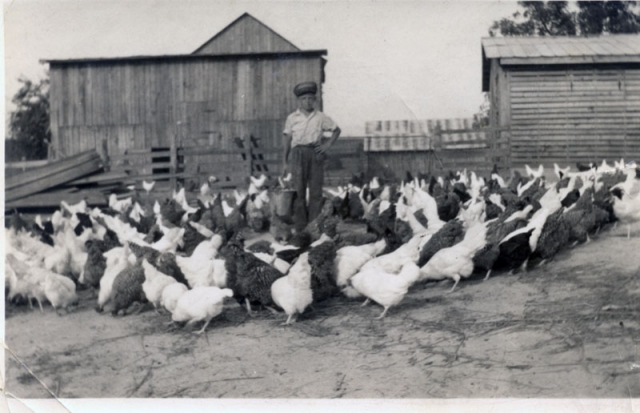The Rural BC Project: How to revive our rural communities
Submitted by Grace McGregor, Regional District Kootenay Boundary Area C Director
It has been my pleasure for the past four years to be involved in discussions with other elected officials, academics and numerous community leaders throughout BC in the creation of “The Rural BC Project.” The article that follows is an explanation of what we discovered and will give you only the tip of the iceberg as we look at rural communities and the reason for their decline.
I hope this article will whet your appetite and create a desire for you, the taxpayers and voters, to read the background of this very important work. I also hope you will be ready to ask those who put their name forward as candidates in the upcoming provincial election if they support the Rural BC Project and how they intend to do that.
Rural BC has taken a back seat for a long, long, time. On March 6 we will meet with the province in Victoria to present our ideas and ask to work with the province as rural communities to create a strategy for rural BC, a strategy that we have a voice in, a strategy that will put a rural lens on decision making. There are provinces who already have Rural Strategies including Alberta, Manitoba and Quebec.
Statistics show many rural BC communities have been in decline for the past 30 years. Can this rural decline be reversed? Directors of the three BC Interior Beetle Action Coalitions believe it can. Their recently released position paper, “The Pathway to Prosperity in British Columbia runs through its Rural Place”, is a long-term strategy for rural development, identifies 20 recommendations and steps to what they believe are necessary to reversing the tide of this decline.
The Beetle Action Coalition, in the development of the position paper, involved participation from a number of stakeholders including the Fraser Basin Council, Northern Development Initiative Trust, Southern Interior Development Initiative Trust, University of Northern British Columbia, Columbia Basin Trust, Ministry of Jobs, Tourism and Skills Training, Selkirk College, CFDC Boundary, CFDC Okanagan Similkameen, and Columbia Shuswap Regional District.
British Columbia is not alone. In fact, rural regions in North America and Western Europe with similar issues have clearly demonstrated that with appropriate long-term rural development programs, the decline can be reversed.
For starters, politicians at all levels of government need to be convinced that a systemic rural economic problem exists and to commit the necessary resources to develop a long-term strategy with communities and local stakeholders groups. The three Beetle Action Coalitions, including the Southern Interior, Cariboo-Chilcotin and Omineca, now have the attention of government and are preparing to work collaboratively. The Beetle Action Coalitions believe turning the tide of rural decline needs three crucial conditions which are long-term rural strategy to address the rural and urban imbalance by creating government policies with a rural lens and engage all levels of government; having a senior minister responsible for rural BC; a venture capital program specifically created to help with business development and expansion in rural BC.
The Beetle Action Coalitions maintain that the issue of rural decline should not be political. It’s about BC citizens living in rural communities, providing stewardship to BC’s natural resources and working in industry and supportive services. It’s about preserving rural and First Nations community’s social, cultural and economic viability. The road to recovery will require cooperation between First Nations, non-First Nations people, economic development organizations, other stakeholders, all levels of government and the Beetle Action Coalitions.
The Southern Interior Beetle Action Coalition has a vision for rural communities: Allow for more local control and decision making; create more regional collaboration; involve rural community leaders in decision making; build strong economic development and business linkage to First Nations and to preserve the rural community lifestyle.
I urge everyone to read the background information including the document “50 Years of Rural Development” and “What Rural BC” needs to succeed through the link below. Ask the tough questions of our elected officials no matter what party they are with. I will be happy to provide updates as we, I hope, move forward.
To view the position paper “The Pathway to Prosperity in British Columbia runs through it’s Rural Place” go to http://www.sibacs.com/projects/.






















